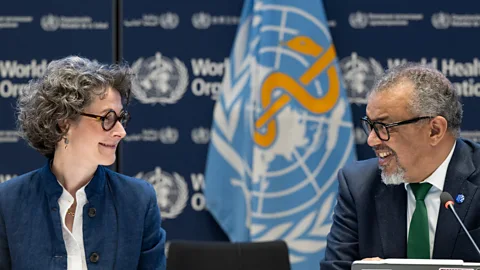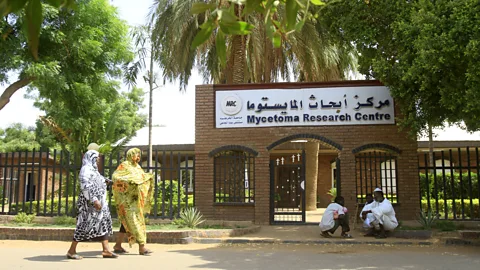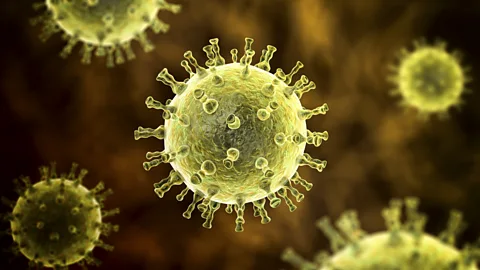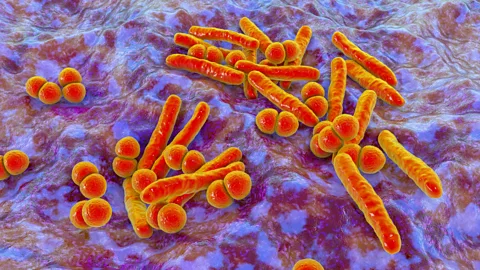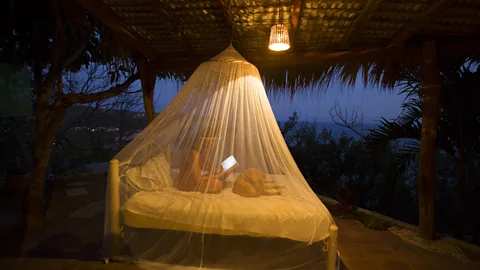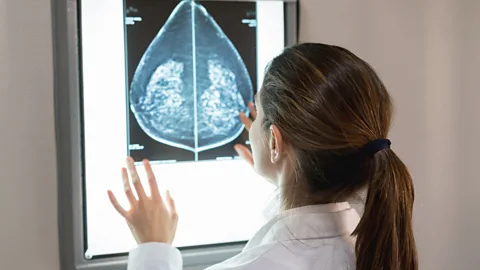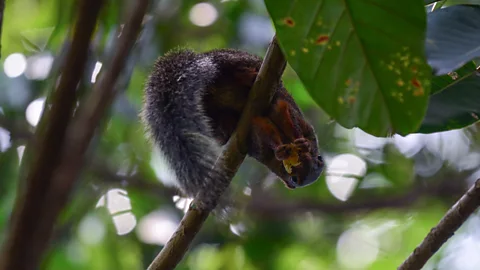
Health Check
Health Check
Have we found an animal reservoir of mpox?
April 16, 2025
26 minutes
Available for over a year
Has the long-standing mystery of which wild animals form a reservoir of mpox in the wild finally been solved? Some scientists think they have cracked the case, pinpointing the fire-footed rope squirrel as the culprit, but questions remain before we can definitively say this species is to blame.
Reporter Chhavi Sachdev in Mumbai has some good news – an indigenous antibiotic breakthrough has been found to be effective at treating antibiotic resistant pneumonia. We hear what it takes to develop a new antibiotic and what makes Nafithromycin such a ground-breaking discovery.
Also on the show, the biological mechanism that drives apathy and lack of motivation in late-stage cancer patients and how nature-based interventions, such as agroforestry, have unintended health benefits.
Plus, have you ever wondered why humans can’t regenerate our teeth? We hear how some scientists are growing teeth in a lab to transform dental regeneration in the future.
Presenter: Claudia Hammond
Producer: Katie Tomsett
Studio Managers: Searle Whittney and Jackie Margerum

